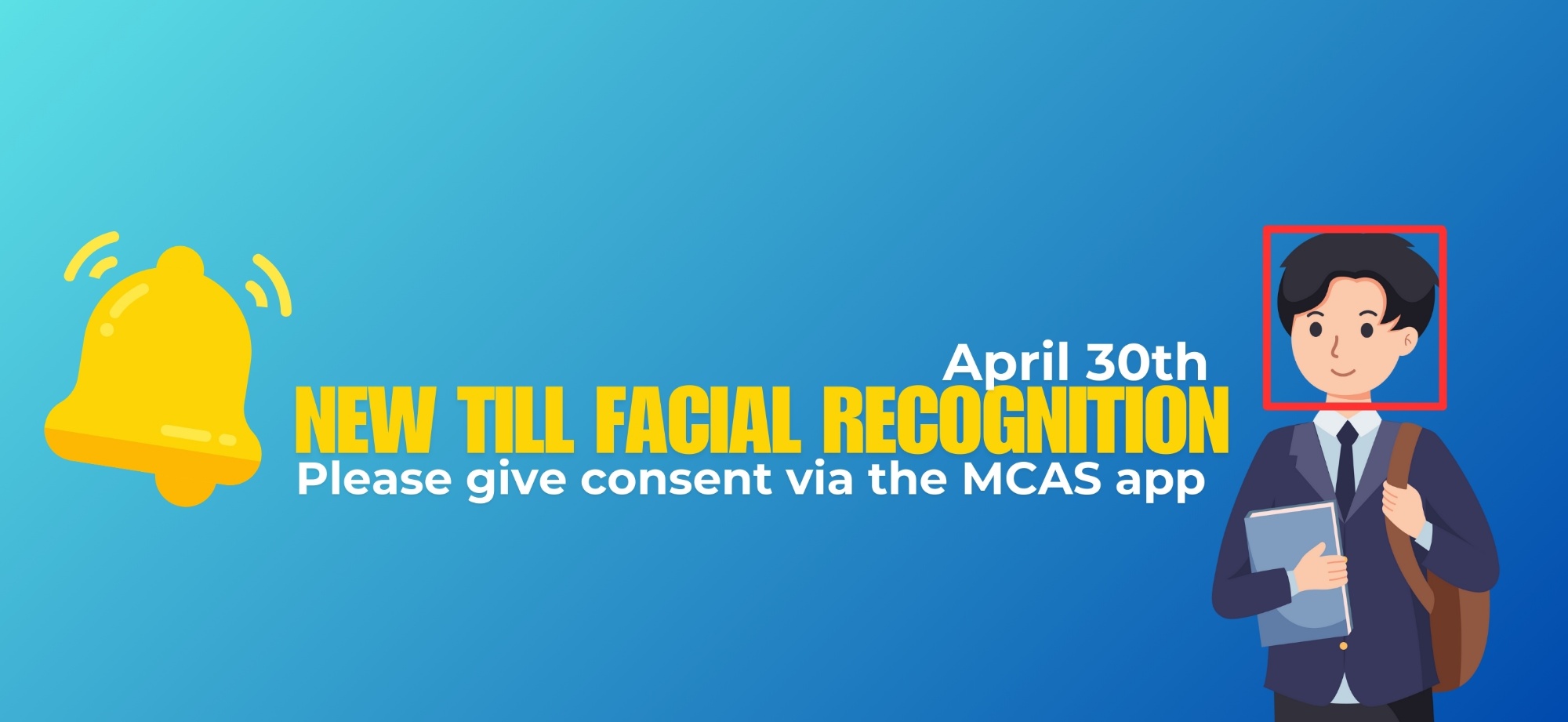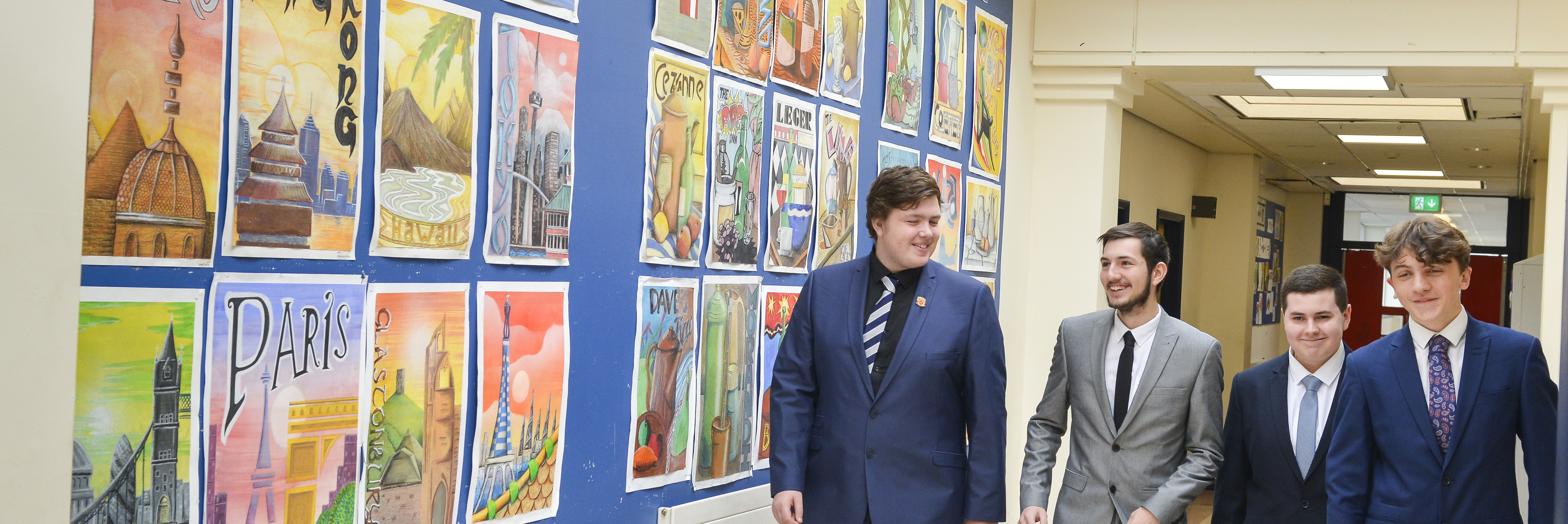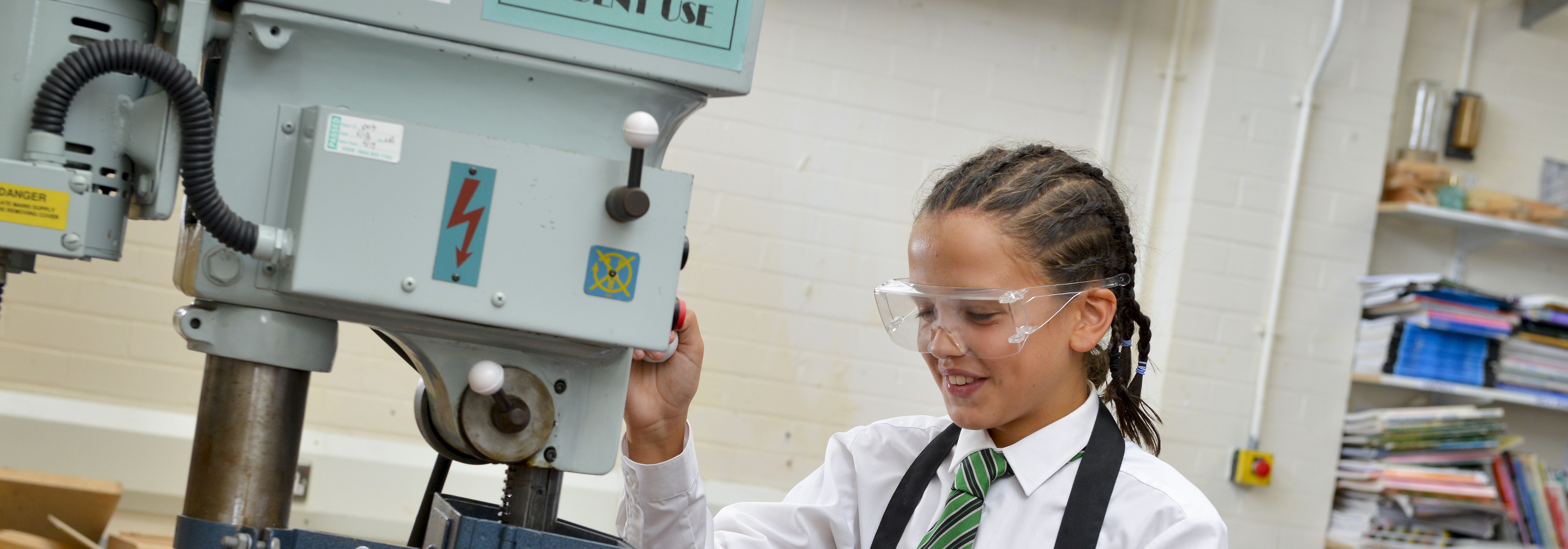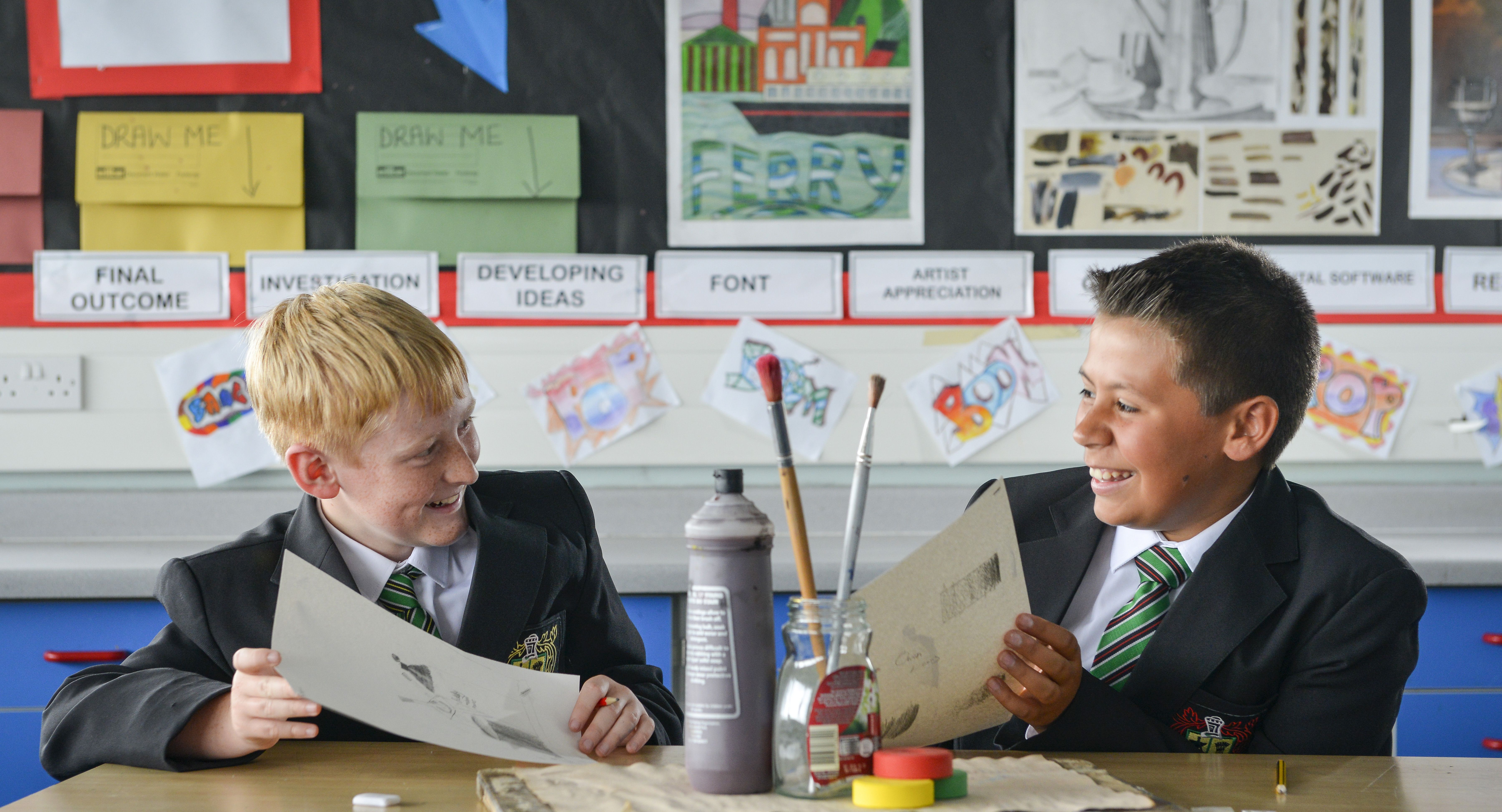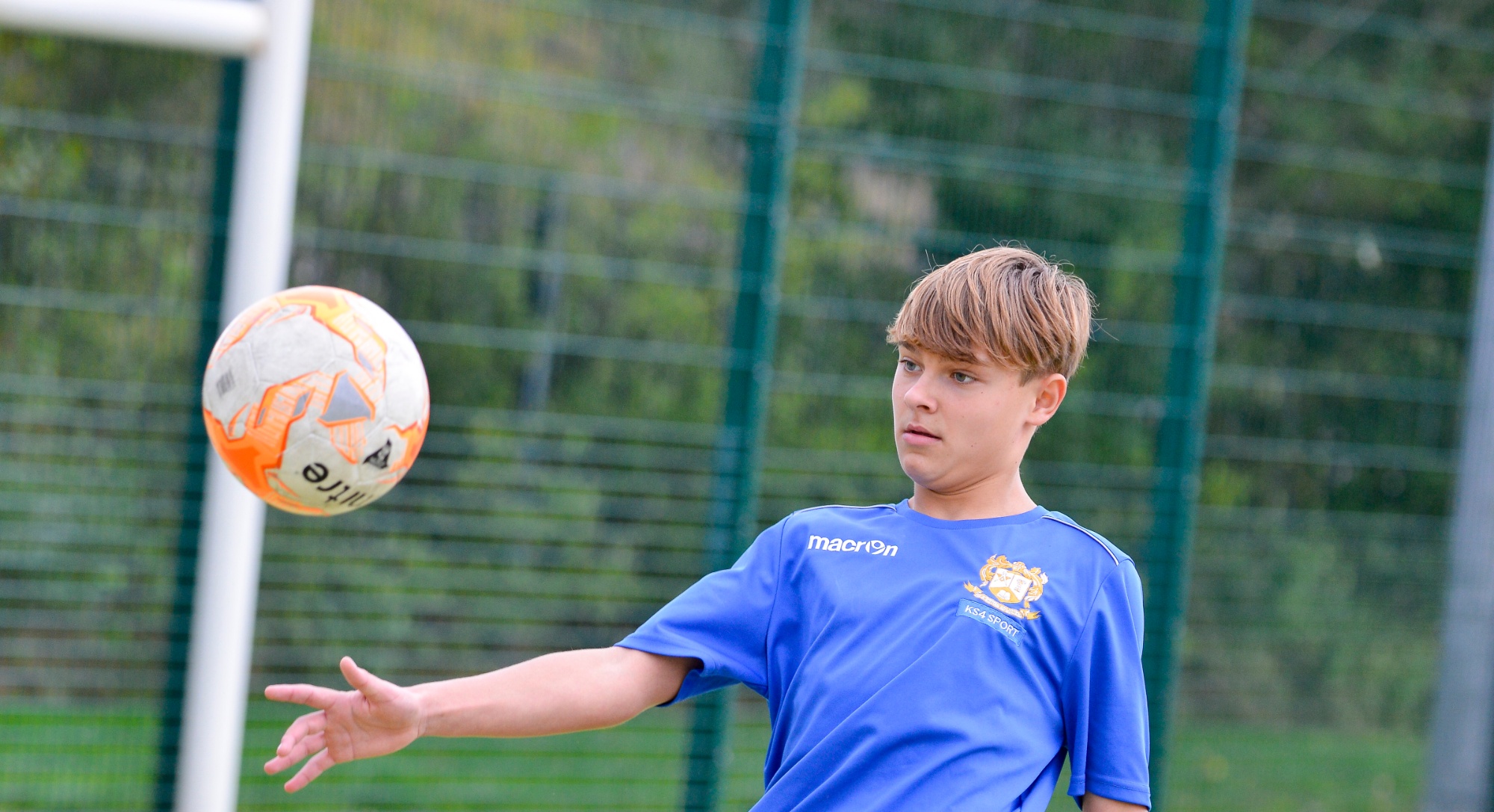Photography
About the course:
Component 1: Portfolio (Coursework)
60% of the total A Level marks
Component 2: The Controlled Test (Externally set assignment)
40% of the total A Level marks.
Our A Level Photography course, accredited by the EDUQAS examination board, offers an engaging and in-depth exploration of the art and technique of photography. It is designed to develop students' creative and technical skills, providing a strong foundation for further studies or careers in photography and related fields.
At the start of the course, students participate in a series of mini workshops that cover all essential aspects of photography. These workshops focus on learning how to use cameras effectively, understanding camera settings, composition, and lighting, as well as practical skills like how to take high-quality photographs. In addition, students are introduced to Adobe Photoshop, where they learn how to edit and enhance their images to a professional standard.
After this initial exploration phase, students move on to their main project, where they select a theme or concept of their choice. This project allows them to develop their ideas independently, experiment with different photographic styles, and create a cohesive portfolio of work. Throughout the project, students receive personalised guidance from experienced teachers, helping them refine their skills and express their creative vision.
The course concludes with both coursework and an externally set assignment, allowing students to showcase their technical proficiency and artistic creativity in a final portfolio and timed examination piece.
A Level Photography is ideal for students who are passionate about visual storytelling and want to develop their skills in digital photography and image manipulation.
_________________________________________________________________________________________________________
What is expected of you:
Students should be prepared to work hard: in study periods, lessons and outside of school for example taking photographs, gathering materials, completing class studies– in essence, students need a passion for the subject in order to make good progress! Adherence to deadlines is essential for prompt feedback.
Students should be prepared to listen and to act upon the advice from all teachers in addition to contributing to critique sessions actively.
_________________________________________________________________________________________________________
How will you be assessed:
A Level Photography is assessed through two main components: coursework and an externally set assignment.
-
Coursework (Personal Investigation): This makes up 60% of the final grade. It includes a portfolio of practical work that demonstrates the student’s ability to develop and refine ideas through a variety of tasks. The portfolio is supported by a written study of approximately 1,000 words, which is based on research related to the practical work. The coursework is internally assessed by teachers and externally moderated.
-
Externally Set Assignment: This accounts for 40% of the final grade. In the second year, students receive an exam paper with a selection of starting points or themes. After a preparatory period to develop ideas and create initial work, students complete a final piece during a timed 15-hour exam. This component is also internally assessed and externally moderated.
Assessment focuses on students' creativity, technical skills, experimentation, and ability to communicate ideas effectively through their artwork.
_________________________________________________________________________________________________________
What it prepares you for:
A Level Photography prepares students for a range of future opportunities in both education and careers. Key areas it supports include:
-
Higher Education: The course provides a strong foundation for pursuing photography or related subjects at university level, such as Fine Art, Graphic Design, Media Studies, Visual Communication, or Film and Media Production.
-
Creative Careers: It equips students with skills relevant to careers in photography, including freelance photography, photojournalism, fashion photography, advertising, digital media, and creative industries such as film, graphic design, and publishing.
-
Technical Skills: Students develop advanced skills in using cameras, digital editing software (such as Adobe Photoshop), and studio equipment, preparing them for practical roles in creative sectors.
-
Creative and Critical Thinking: The course encourages creativity, visual literacy, and critical analysis, skills that are valuable in any profession requiring problem-solving, innovation, and the ability to communicate ideas effectively.
Overall, A Level Photography fosters both artistic and technical abilities, giving students the confidence and skill set needed to pursue further studies or a professional career in photography and related fields.
Entry requirements:
GCSE Qualifications: A minimum of 3 GCSEs at grades 9-4 (A*-C), including English Language. Previous experience in photography, is not essential, but a strong interest in visual arts and creativity is expected.
_________________________________________________________________________________________________________
For more information:
If you are an internal applicant, please talk to your art teacher about the possibility of studying Art in the sixth form. Or you may choose to talk to Miss C Waddilove (Subject Lead: Art).
If you are an external applicant and would like more details about this course, please email sixthform@mosslands.wirral.sch.uk




